President Joe Biden’s Decision: A Turning Point in the Ukraine War
Introduction
President Joe Biden‘s recent decision to allow Ukraine to strike Russian territory using U.S.-made long-range missiles marks a significant turning point in the Ukraine war. This decision, pivotal and controversial, is set to change the dynamics of the conflict, bringing new strategic advantages to Ukraine while escalating tensions with Russia.
Table of Contents
Biden’s Strategic Move
On November 18, President Biden gave Ukraine the green light to use ATACMS (Army Tactical Missile System) missiles against Russian targets. This decision represents a major policy shift for the U.S., which had previously restricted Ukraine’s use of these missiles to within its own borders and Crimea. The move came after considerable deliberation and mounting pressure from Ukrainian President Volodymyr Zelensky.
Why Now?
The decision’s timing is crucial. Russia recently deployed 50,000 troops, including an estimated 12,000 North Korean soldiers, to the Kursk oblast, a region inside Russia that Ukraine had previously invaded and occupied. This influx of troops posed a significant threat to Ukraine’s hold on Kursk, necessitating a powerful response. Biden’s approval of ATACMS usage provides Ukraine with the firepower needed to counter this escalation and support its troops effectively.
ATACMS: A Game-Changer
The ATACMS missile system, developed by Lockheed Martin, has a range of 190 miles and can be launched from both HIMARS (High Mobility Artillery Rocket System) and M270 Multiple Launch Rocket Systems. These missiles are capable of carrying high-explosive or blast fragmentation warheads, making them highly effective against Russian positions.
Immediate Impact
Just a day after the announcement, Ukraine launched its first ATACMS missiles at Russian targets in Kursk. This marked the beginning of a new phase in the Ukraine war, where Ukrainian forces could strike deep into Russian territory, disrupting supply lines and weakening Russian troop formations.
Global Reactions and Implications
The international response to Biden’s decision has been mixed. While some European nations, including Hungary, Italy, and Slovakia, have condemned the move, others have remained silent or offered tacit support. The decision has undoubtedly escalated tensions, with Russian officials, including President Vladimir Putin and Foreign Minister Sergei Lavrov, issuing stark warnings about potential retaliatory measures.
Strategic Importance of Kursk
The Kursk region holds strategic importance for both Ukraine and Russia. Ukraine’s initial invasion and subsequent occupation of Kursk provided it with a valuable bargaining chip. Retaining control over Kursk allows Ukraine to negotiate from a position of strength, potentially trading the territory for concessions in other areas.
Statistical Overview
| Metric | Ukraine | Russia |
|---|---|---|
| Troops Deployed | ~20,000 | 50,000 (including 12,000 NK) |
| ATACMS Missiles Fired | 8 | 5 intercepted, 3 successful |
| Casualties (Recent Offensive) | 1,950 Russian soldiers | 77 Russian armored vehicles |
| Bombing Incidents | 3,243 guided aerial bombs | 356 unguided missiles |
| Villages Controlled in Kursk | 93 | Attempting to reclaim territory |
The Path Forward
As Ukraine continues to leverage its new missile capabilities, the conflict is poised to enter a more intense and unpredictable phase. The use of ATACMS missiles allows Ukraine to target key Russian military installations, airbases, and supply routes, potentially shifting the balance of power in its favor.
Conclusion
President Biden’s decision to permit Ukraine to use ATACMS missiles against Russian targets is a watershed moment in the Ukraine war. It empowers Ukraine with new strategic capabilities, shifts the balance of power, and raises the stakes in an already volatile conflict. As the situation evolves, the world watches closely, hoping for a resolution that avoids further escalation and fosters peace.
FAQs
1. What are ATACMS missiles? ATACMS (Army Tactical Missile System) missiles are long-range, surface-to-surface missiles developed by Lockheed Martin. They have a range of 190 miles and can carry high-explosive or blast fragmentation warheads.
2. Why did President Biden approve the use of ATACMS missiles now? The decision was influenced by Russia’s recent deployment of 50,000 troops, including North Korean soldiers, to the Kursk region. Ukraine needed additional firepower to counter this escalation and maintain its strategic positions.
3. What is the strategic importance of Kursk for Ukraine? Kursk is a significant bargaining chip for Ukraine, providing leverage in potential negotiations with Russia. Controlling Kursk allows Ukraine to disrupt Russian supply lines and fortify its defensive positions.
4. How has Russia responded to Biden’s decision? Russian officials, including President Vladimir Putin and Foreign Minister Sergei Lavrov, have issued warnings about potential retaliatory measures, including the possibility of considering the use of nuclear weapons.
5. What are the implications of this decision for the broader conflict? The approval of ATACMS usage marks a significant escalation in the conflict, with potential repercussions for global security. It enhances Ukraine’s military capabilities but also increases the risk of further escalation.


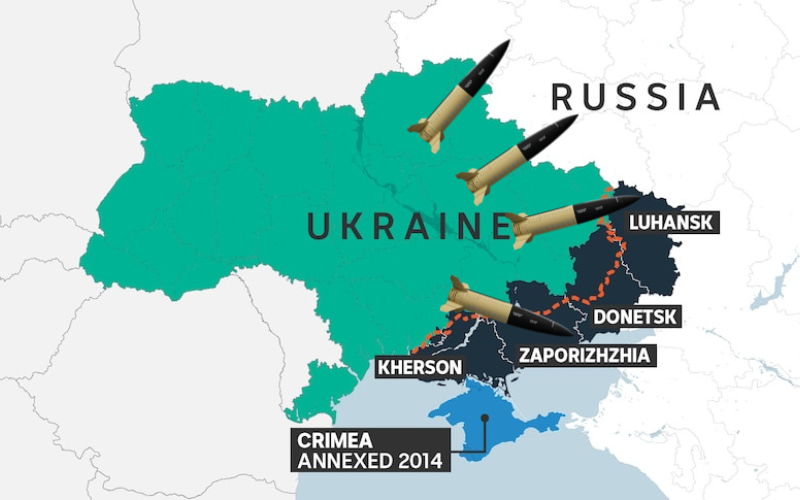
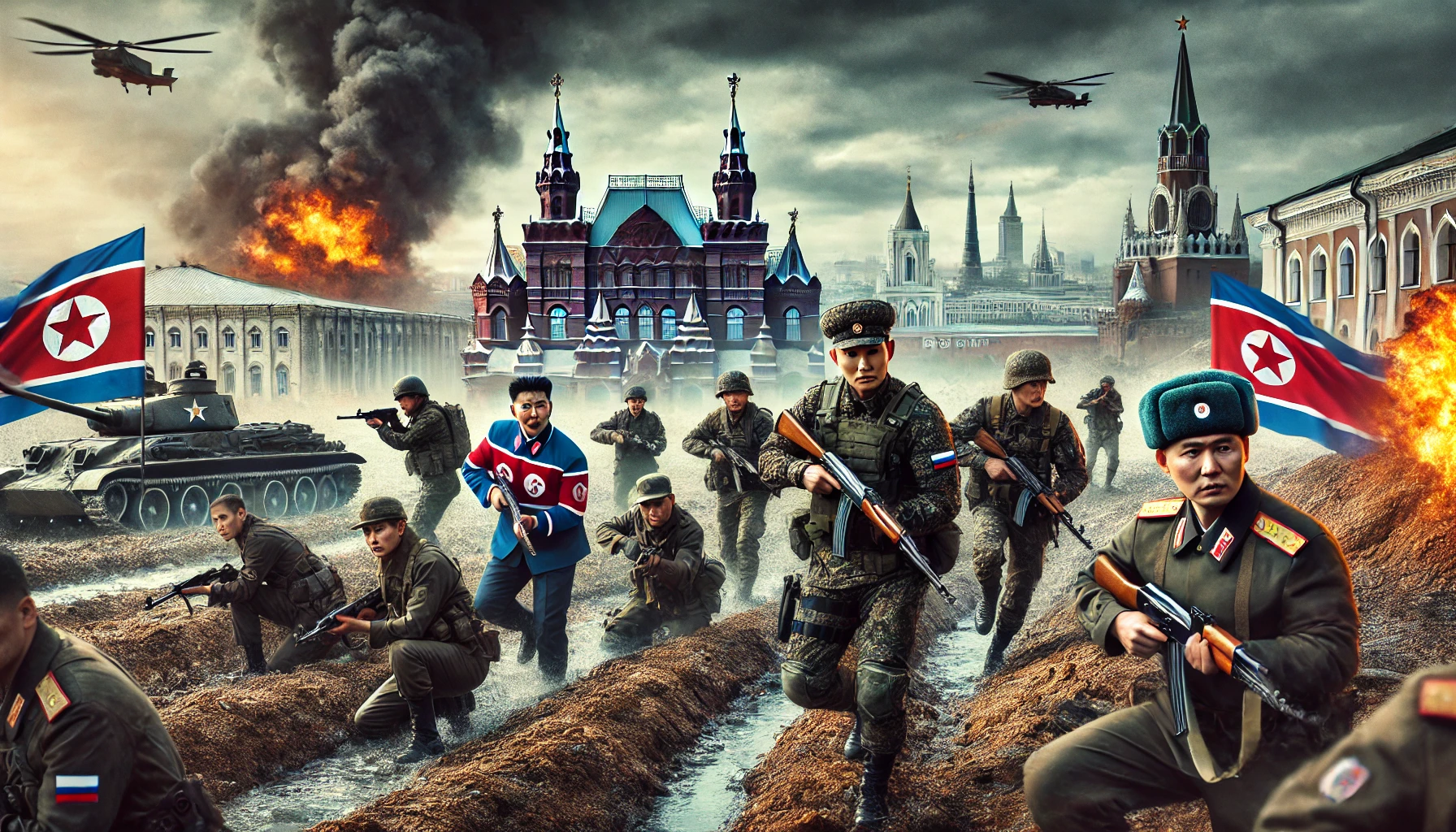
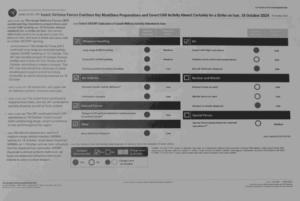



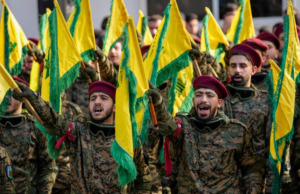

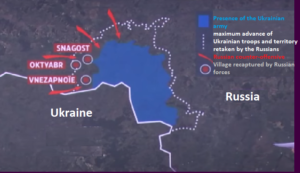



Post Comment